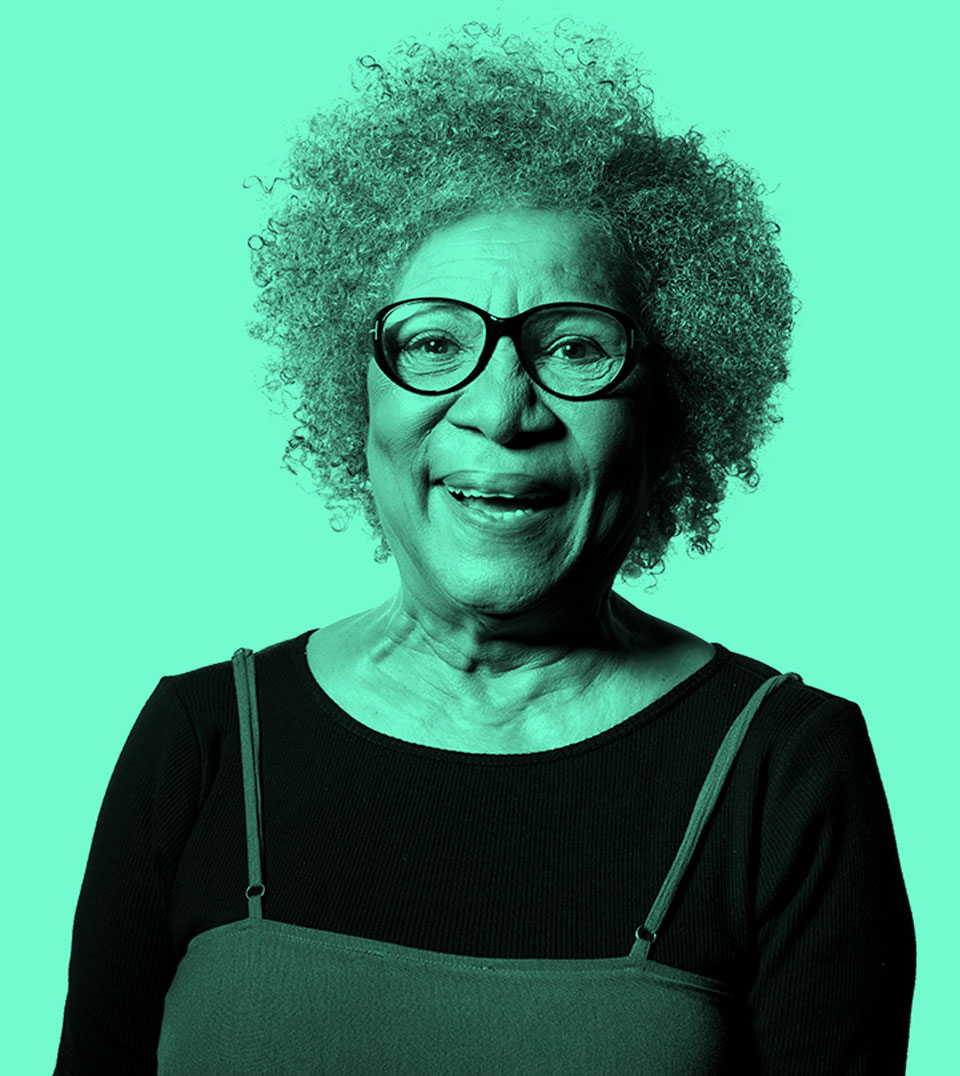Our founders can really get in your shoes.
We place your loved one’s needs first to ensure they receive the quality of care they deserve. We find what’s right for them and you and keep it that way.
MyElder™ is the only independent elder advocacy company in the world focused exclusively on the needs of elders. We don’t accept placement fees or payments from hospitals, nursing homes or other entities – never have, never will.
Our loyalty is to you and your loved ones. Our flat-rate fees are on a case-by-case basis; there are no hidden costs. We know you have enough on your mind already.

Why
MyElder TM
?
We believe that life should come with care and support. We provide peace of mind to our clients and their families by helping them overcome challenges related to taking care of their elders.
Why MyElder
TM
?
We believe that life should come with care and support. We provide peace of mind to our clients—and their families by helping them overcome challenges related to taking care of their elders.

Services
Assisted Living and Nursing Home Placement
Hospital And Nursing Home Crisis Intervention
Elder Care Monitoring
Elder Home Care Advisory
Long Term Care Planning
Long Distance Caregiving
Assisted Living And Nursing Home Eviction Prevention
CARING NEVER GETS OLD
What we do begins with love, providing concierge-level senior care services such as long-term care planning, eviction prevention, abuse and neglect prevention, home care placement and monitoring, and assisted-living facility and nursing home placement.






